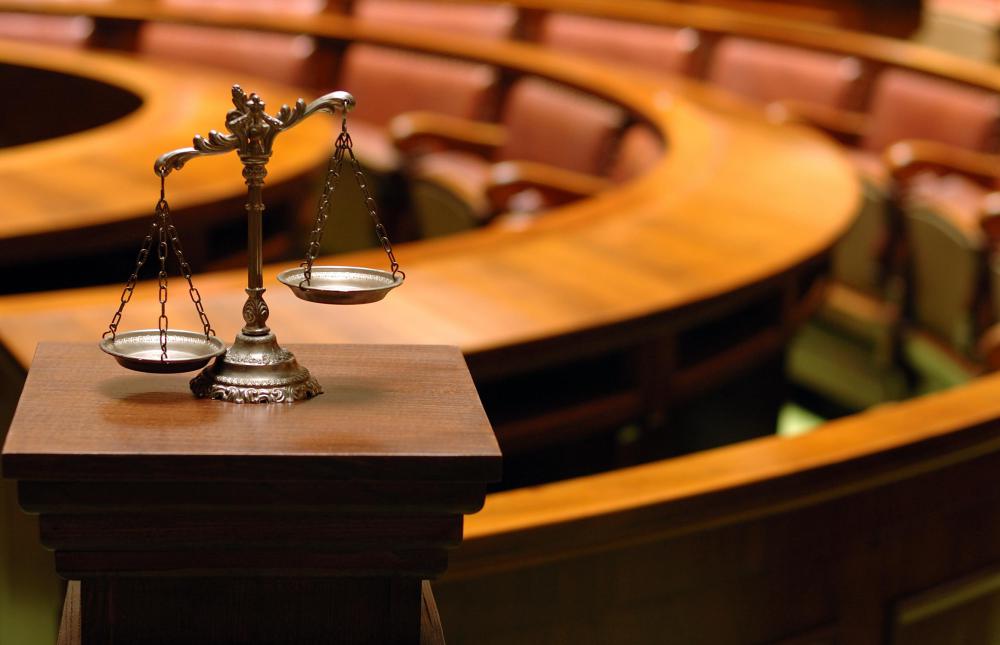At WiseGEEK, we're committed to delivering accurate, trustworthy information. Our expert-authored content is rigorously fact-checked and sourced from credible authorities. Discover how we uphold the highest standards in providing you with reliable knowledge.
What is Scientific Jury Selection?
Jury selection is typically a three-stage process that includes creating a list of citizens who are eligible, selecting the citizens to call in a particular case, and a process called voir dire — from the Anglo-Norman phrase meaning “to speak the truth” — in which prospective jurors are examined under oath. At times, judges do the questioning, but at other times attorneys take part. In any case, attorneys for both sides are allowed challenges that may eliminate prospective jurors from consideration. In this context, a process that some claim has a methodology based in science and thus is worthy of the name scientific is sometimes employed by consultants hired by attorneys to assist in choosing a favorable jury. This process is called scientific jury selection (SJS).
During voir dire, attorneys have two kinds of challenges that they may use to remove prospective jurors from the pool: peremptory challenges, the number of which is decided by the court and for which no reason need be given, and challenges for cause, which depend on demonstration that the prospective juror is or is likely to be biased. One of the areas in which the jury selection consultant can be most useful is advising the attorney concerning the use of the peremptory challenges, both in whom to excuse and whom to keep.

The evidence on which scientific jury selection is based is collected in several typical ways. Community surveys are used to gain a sense of the attitudes towards the case and personalities of people in the community from which the community will be drawn. Focus groups and mock trials with community members are enactments of a portion or a full case is presented to gauge reaction in advance of the actual case. When prospective jurors have been identified, the research becomes more focused. Community network modeling is conducted by contacting people with whom prospective jurors are associated and surveillance — both of documents and of the prospective juror’s movements and activities — may also be conducted, although both techniques have met with objections that they violate privacy.

Scientific jury selection is practiced by sociologists, attorneys, and people with background in business, marketing, communications, and theatre, but the main practitioners are psychologists. Scientific jury selection is an unregulated field, and the standards of its American professional association — the American Society of Trial Consultants (ATSC) — have been criticized as inadequate. In addition, not only the efficacy of the practice been questioned, but so has its fairness and there are those who believe it interferes with the Constitutionally-guaranteed right to an impartial jury. Practitioners defend it, and a scientific study is difficult because finding cases to compare and weighing its impact are both difficult, if not impossible, tasks.
AS FEATURED ON:
AS FEATURED ON:












Discuss this Article
Post your comments